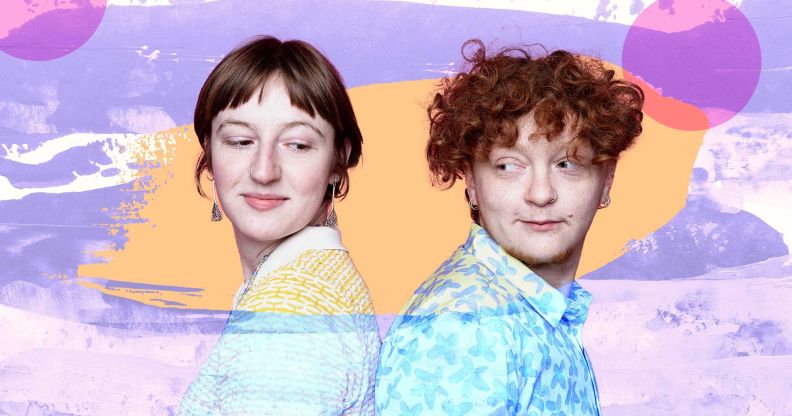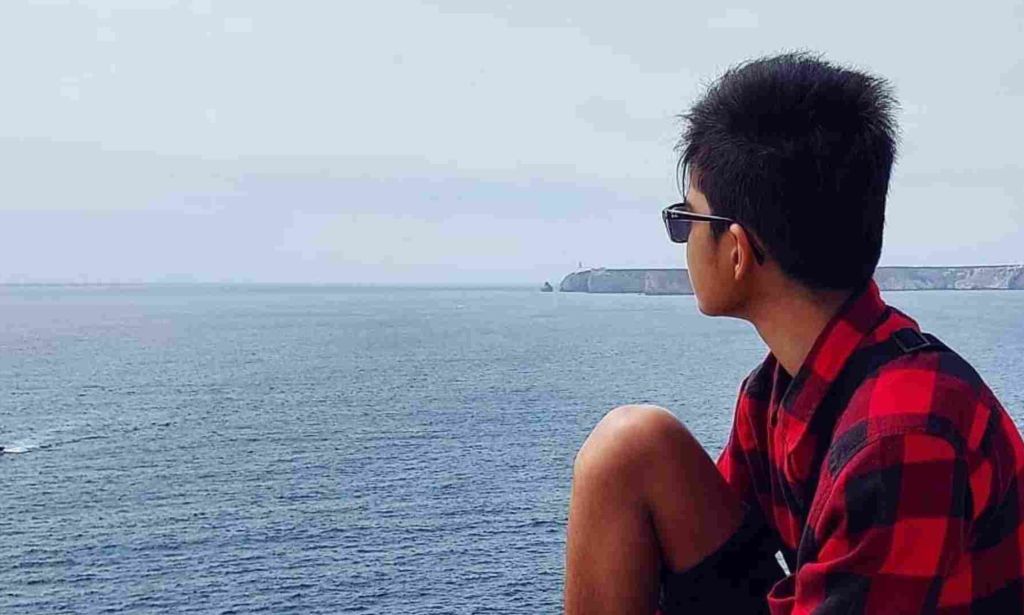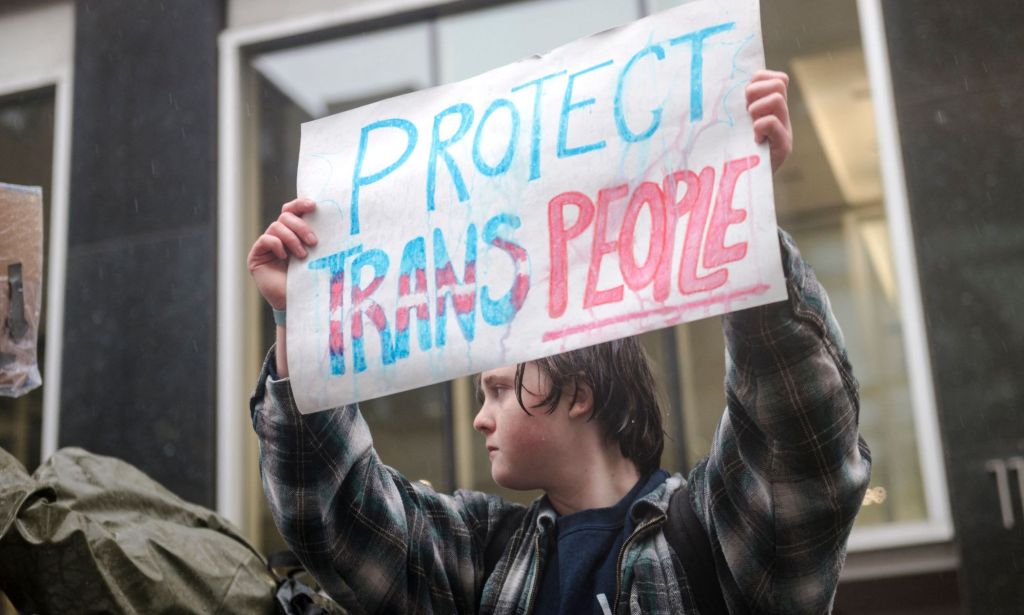How you can be a better ally to trans youth: ‘We are beautifully different’

Seeing more people show their allyship to the trans community makes Just Like Us ambassador Rayyan Aboobaker hopeful the future will bring increased ‘love for trans and non-binary people’. (Getty/Envato Elements)
Rayyan Aboobaker, ambassador for LGBTQ+ young person’s charity Just Like Us, explains how allyship can be a powerful tool.
I figured out my trans identity when I was around 15 years old, but I’d known I was different from the age of about three.
Through those years, and even now, I had to listen to difficult conversations around my identity and sexuality which led to self-hatred and internalising all the messy feelings.
Despite an increase in trans representation and greater acceptance of transgender identities over the past few years, trans people still need your support – now more than ever.
In terms of the public perception of trans people, it sometimes feels as if we are in a deep pit of transphobia. We experience challenges that affect our mental and physical health, as well as stigma and misconceptions.
Even at 15, I knew I would have to carry that discrimination everywhere I went, just for being different. That terrified me, left me feeling confused, and was exacerbated by people in my life who spoke negatively about LGBTQ+ people, especially trans and non-binary people.
At school, my peers would argue about the lives of trans people. People in my family would constantly berate trans identities.

I didn’t have any LGBTQ+ education in school, I didn’t see any trans representation when I was younger. All I had was anti-LGBTQ+ rhetoric in my life. It was hard to understand my identity, and it was so tough finding a place to belong.
University was better because I found a group of LGBTQ+ people who were nothing but accepting and compassionate. However, it still took me two years into my course to come out of my shell and out of the closet.
Those two years were especially difficult because we were in lockdown, and I was living in a place where those around me wanted me to meet their expectations, instead of supporting who I actually was.
But, eventually, through attending Pride events and finding a Just Like Us family, I was able to realise that allyship for trans and non-binary people was not only possible, but paramount.
Seeing cisgender and heterosexual people supporting trans people at Trans Pride, and fellow gay and bisexual people uniting together to fight for trans rights, makes me hopeful that the future will bring an increase in support and love for trans and non-binary people.
Being an ally is simple. First, listen to trans and non-binary people. We have experienced so much, and know what is and isn’t acceptable.
Trust that we know what we are talking about, especially when it comes to our identities. No trans person is the same and there is no one way to be trans.

Everyone has their own journey and feelings – one of your trans friends might approach their transition in a completely different way to another. If someone you know is exploring who they are, be patient and be kind. Respect their wishes and ask how best you can support them.
Avoid assumptions, educate yourself and think about questions you might have. As an ally, do not be afraid to admit you don’t know something – admitting that is always better than making an assumption. Ask us questions.
If a question could be personal or invasive, seek out resources on what you would like to know. There is information accessible online, from articles and films, to documentaries, books and podcasts. You can follow trans and non-binary people on social media.
Trans and non-binary folk have always existed and being an ally to us means being open to learning.
Just remember that our identities are valid. We need people to speak out about trans issues and to amplify our voices. We are beautifully different and that’s something to be celebrated, not suppressed.
How did this story make you feel?

